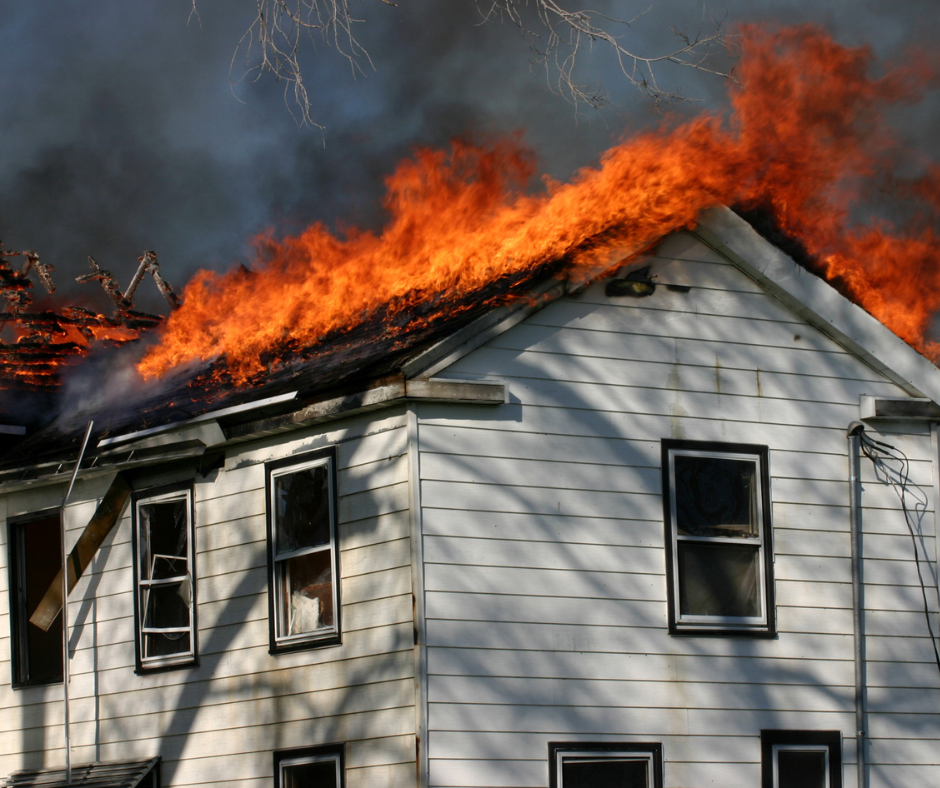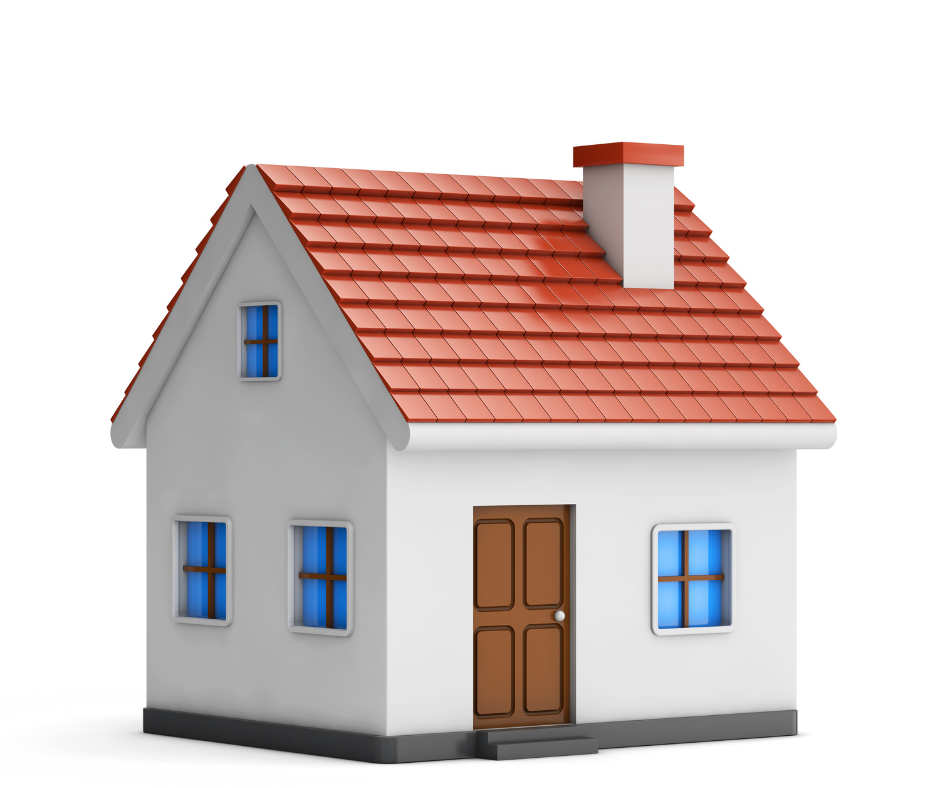- What Does My Homeowners Policy Cover? Why Be Concerned?
- Ways to Prevent Water Damage
- What Does My Homeowners Policy Cover? How Your Homeowners Policy Covers Water Damage
- Dwelling or Home Coverage
- Personal Property Coverage
- What Does My Homeowners Policy Cover? What are the six categories typically covered by homeowners insurance?
What Does My Homeowners Policy Cover? Why Be Concerned?

For many homeowners understanding the difference between what water damage is and what it isn’t can be very complicated. However, as the third leading cause of claims according to research by the Insurance Information Institute, it’s best to educate yourself and understand what water damage is and how to protect yourself.
First of all, one major thing to note right away is that water damage and flood damage are not the same. Most homeowners policies exclude flood altogether. The National Flood Program describes flooding as a general and temporary condition where water or mudflow engulfs two or more acres of usually dry land or two or more properties.
When it comes to water damage, is defined by most insurance policies as sudden and accidental. Take, for example, a supply hose on a washing machine suddenly breaks, or a pipe bursts and water fills your laundry room floor. This is considered sudden and accidental. On the flip side, neglecting a leaky toilet that eventually overflows your bathroom, is not sudden or accidental and would not be covered.
Frozen pipes are another common water damage claim. This happens when the buildup of water pressure caused by freezing water in an adjacent section of the pipe causes the pipes to burst.
Other Water Damage Scenarios Not Covered:
- Damage from Unresolved Maintenance Issues
- Repairing or Replacing the Source of the Water Damage
- Water Backup from an Outside Sewer or Drain
Ways to Prevent Water Damage
What does My Homeowners Policy Cover? Before we can answer that question, let’s first see how we can prevent water damage.
Unfortunately, accidents will happen, but there are ways that you can reduce your risk of suffering a water damage claim.
A good rule of thumb is if you are the owner of an older home, it’s smart to have a licensed plumber inspect plumbing systems every five years. Replacing older water heaters, using steel-braided supply lines on washing machines, and turning off the supply lines when the appliances are not in use are good ways to stop any leaks before they happen. Also, try not to run the dishwasher or washing machine if you are not going to be home.
However, if luck is not on your side and you suffer a water damage claim, be sure you have a licensed contractor assess the damage. Ask friends and neighbors for recommendations of a trusted company and give them a call. You don’t want to turn a bad situation into a nightmare by choosing the wrong company.

What Does My Homeowners Policy Cover? How Your Homeowners Policy Covers Water Damage

Dwelling or Home Coverage
When a covered peril damages the structure of your home, payment will fall under the dwelling coverage amount. So, if a pipe suddenly bursts and ruins a wall, dwelling coverage also known as coverage A may help cover the cost of repairs.
Personal Property Coverage
Personal property or contents coverage helps pay for the loss or damage of your “stuff” if it occurs due to a covered peril. So if a pipe bursts resulting in a soaked computer or ruined bookcase, your contents coverage may help with the repair expenses or to replace of those items.
Keep in mind that you are responsible for your deductible before your coverage kicks in before filings the claim make sure it will meet your deductible. If the overall damage is less than that, it isn’t worth turning in. You may want to weigh the options of paying for the costs out of pocket if they aren’t too much to keep a clean loss history and turn in the claim. If you are unsure what you should do, give us a call we will be happy to help.
What Does My Homeowners Policy Cover? What are the six categories typically covered by homeowners insurance?
Your homeowners policy typically covers six main categories, providing you with essential protection for your home and belongings. These categories include:
- Dwelling Coverage: This protects the physical structure of your home, including the walls and roof, against covered perils like fire, windstorms, and vandalism.
- Personal Property Coverage: This safeguards your belongings, such as furniture, clothing, and electronics, both inside and outside your home, from covered perils, even when you’re away.
- Liability Coverage: Protects you financially if someone is injured on your property or if you accidentally damage someone else’s property.
- Additional Living Expenses (ALE): Covers expenses like hotel bills and restaurant meals if your home becomes uninhabitable due to a covered peril.
- Medical Payments Coverage: Pays for medical expenses if someone is injured on your property, regardless of fault.
- Other Structures Coverage: Provides protection for structures on your property that are separate from your home, such as a detached garage or shed.
Here’s a comparison of average homeowners insurance rates for different coverage levels in select states:
| Coverage Level | Alabama | California | Colorado |
|---|---|---|---|
| Basic | $800 | $1,200 | $900 |
| Standard | $1,200 | $1,600 | $1,300 |
| Premium | $1,800 | $2,200 | $1,800 |
These rates are estimates and may vary based on factors like location, home value, and insurance carrier. Contact us for a personalized quote tailored to your needs.
INSURANCE SERVICES WE OFFER

Homeowners Insurance
Homeowners, renters, and mobile home owners: make sure you have the protection you need.
| Additional Homeowners Insurance Links |
|---|
| How to File a Homeowners Claim |
| How to Choose a Homeowner Handyman |
| Homeowners Insurance Buyers Guide |
Last Updated on by Camron Moss





